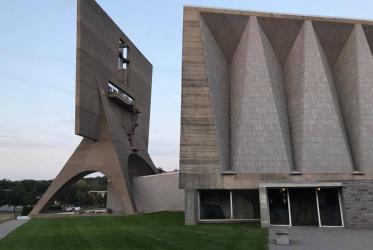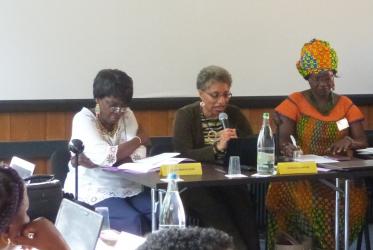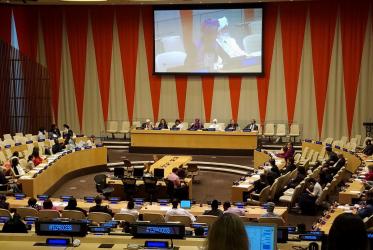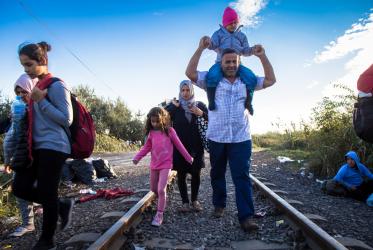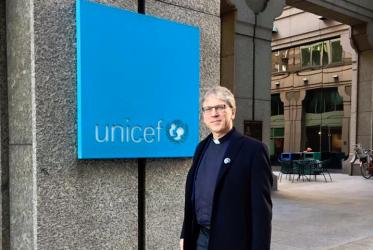Displaying 81 - 100 of 141
27 October 2017
Dozens of countries sign nuclear weapons ban treaty
20 September 2017
Emily Welty: tide of hope for a world free from nuclear weapons
19 September 2017
Tveit: search for unity “an urgent need today”
09 September 2017
In Charlottesville, can “the power of love” prevail?
14 August 2017
"We have our work cut out for us"
10 August 2017
"Church has huge responsibility empowering women"
26 July 2017
Colombia peace accord brings both joy and concern
19 August 2016



